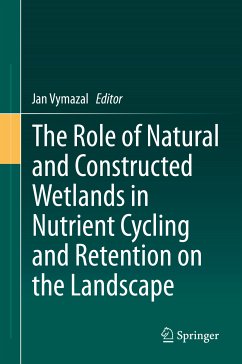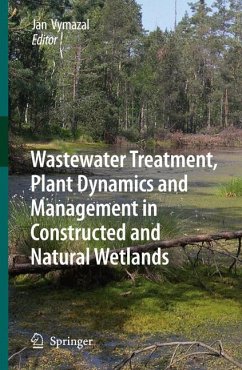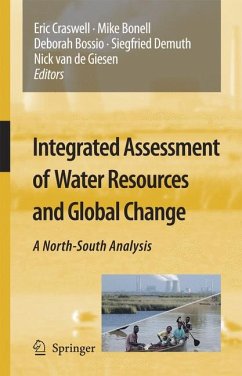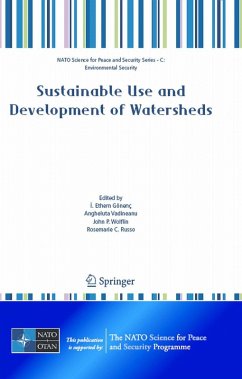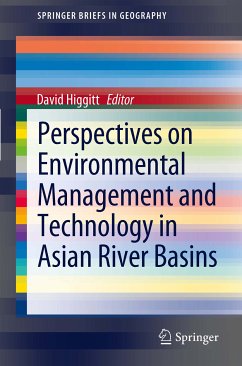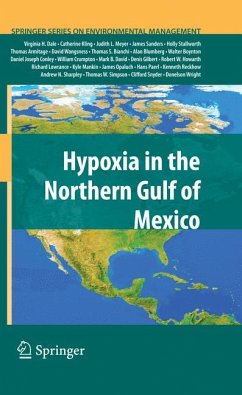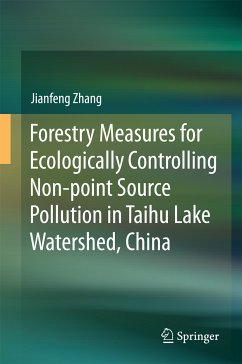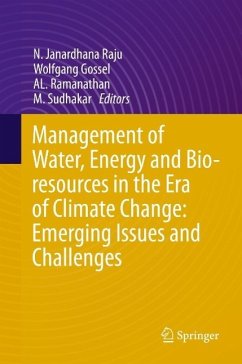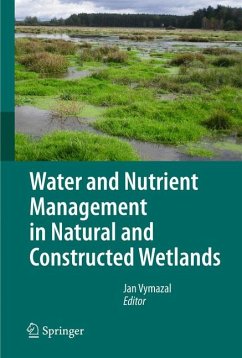
Water and Nutrient Management in Natural and Constructed Wetlands (eBook, PDF)
Versandkostenfrei!
Sofort per Download lieferbar
112,95 €
inkl. MwSt.
Weitere Ausgaben:

PAYBACK Punkte
56 °P sammeln!
Natural and constructed wetlands play a very important role within the landscape and their ecological services are highly valuable. Water management, including flood water retention, biomass production, carbon sequestration, wastewater treatment and as a biodiversity source are among the most important ecological services of wetlands. In order to provide these services, wetlands need to be properly evaluated, protected and maintained. This book provides results of the latest research in wetland science around the world. Chapters deal with such topics as the use of constructed wetlands for trea...
Natural and constructed wetlands play a very important role within the landscape and their ecological services are highly valuable. Water management, including flood water retention, biomass production, carbon sequestration, wastewater treatment and as a biodiversity source are among the most important ecological services of wetlands. In order to provide these services, wetlands need to be properly evaluated, protected and maintained. This book provides results of the latest research in wetland science around the world. Chapters deal with such topics as the use of constructed wetlands for treatment of various types of wastewater, use of constructed wetlands in agroforestry, wetland hydrology and evapotranspiration, the effect of wetlands on landscape temperature, and chemical properties of wetland soils.
Dieser Download kann aus rechtlichen Gründen nur mit Rechnungsadresse in A, B, BG, CY, CZ, D, DK, EW, E, FIN, F, GR, HR, H, IRL, I, LT, L, LR, M, NL, PL, P, R, S, SLO, SK ausgeliefert werden.




